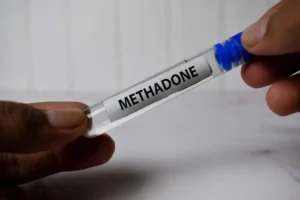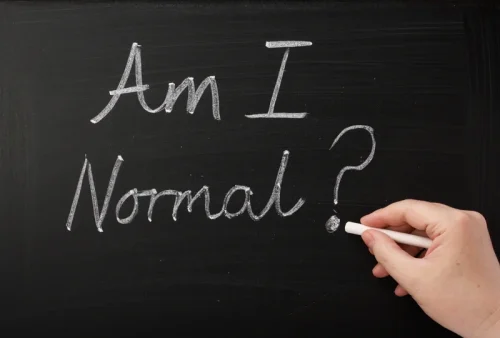
There are many resources available to help, including peer support groups, counseling, therapy, and inpatient rehabilitation. For people who experience hallucinations as part of alcohol withdrawal, these may begin in the are alcohol withdrawal seizures dangerous 12- to 24-hour time frame. During the 12- to 24-hour time frame after the last drink, most people will begin to have noticeable symptoms. These may still be mild, or the existing symptoms might increase in severity.
Why it Is Important to go to Medical Detox for Alcohol Withdrawal?
AW seizures generally can be prevented by medications that are cross-tolerant with alcohol. For example, benzodiazepines have been shown to prevent both initial and recurrent seizures. Similarly, carbamazepine and the barbiturate phenobarbital probably can prevent AW seizures, although insufficient data exist in humans to confirm this hypothesis. In contrast, phenyotin, an anticonvulsant medication used for treating seizures caused by epilepsy and other disorders, is ineffective for treating AW seizures. Because a diagnosis of AW-related seizures may require further evaluation, however, the agent is sometimes administered until other causes of seizures have been ruled out.
Cellular Mechanisms of Alcohol Dependence

It’s worth noting that opioids share many similarities with depressants, but they don’t work with GABA in the brain as alcohol does. If you’ve gone through opioid withdrawal before, you may need to experience the kindling effects. However, alcohol withdrawal can still be dangerous, even without kindling. Depressants like alcohol can cause your muscles to relax, but withdrawal can cause tremors, muscle tightness, and seizures. Alcohol withdrawal seizures are similar to tonic-clonic seizures, which are often seen with issues like epilepsy. The first may involve a loss of consciousness with increased muscle rigidity.
- Seizures typically occur within 12 hours of stopping the use of alcohol or reducing your intake.
- Alcohol withdrawal syndrome is a clinical condition that may arise following the cessation or reduction of regular, heavy alcohol consumption.
- Alcohol dependence results from compensatory changes during prolonged alcohol exposure, including internalization of GABAA receptors, which allows adaptation to these effects.
- Similarly, carbamazepine and the barbiturate phenobarbital probably can prevent AW seizures, although insufficient data exist in humans to confirm this hypothesis.
- Special attention should be placed on whether extrinsic facilitating factors potentially share common mechanisms with seizures triggers in reflex epilepsy syndromes.
Support for AUD

If you suddenly stop drinking or significantly reduce the amount of alcohol you drink, it can cause AWS. A high fever, hallucinations, and heart disturbances are all reasons to seek immediate help. Alcohol withdrawal arises when someone with AUD drastically reduces their alcohol intake. This can cause a variety of https://ecosoberhouse.com/ symptoms, ranging from insomnia to an upset stomach. According to a 2022 paper, the mortality rate for delirium tremens is between 5 and 15% with treatment. Inpatient and outpatient treatments are available, and these depend on factors including current withdrawal severity and the severity of past withdrawals.
- Seizures (convulsions) occur during alcohol withdrawal due to changes in brain chemistry.
- This sudden increase in adrenergic activity, manifested by increased catecholamine release, is what causes the most common symptoms including tachycardia, hypertension, and tremor [6].
- In these models, the withdrawal seizures are triggered by neuronal networks in the brainstem, including the inferior colliculus; similar brainstem mechanisms may contribute to alcohol withdrawal seizures in humans.
- If you already have alcohol use disorder, it’s important to seek counseling and medical care as soon as possible.
Pharmacotherapy of Alcohol Withdrawal Symptoms
It’s important to address issues with heavy drinking in a medical environment rather than trying it on your own. An estimated 50 percent of people who have an alcohol addiction will experience withdrawal symptoms if they abruptly stop drinking. Of those people, 3 to 5 percent will experience AWD symptoms like grand mal seizures and severe confusion. This is a serious complication of the alcohol withdrawal syndrome and needs to be treated in a hospital emergency room.
- If untreated or inadequately treated, withdrawal can progress to generalized tonic-clonic seizures, delirium tremens, and death.
- Research suggests that people with chronic alcohol abuse disorder may be at an increased risk of developing epilepsy.
- And if you’re experiencing these symptoms several days a week, it’s very likely you are already dependent on alcohol.
- These intravenous (IV) fluids will help in preventing you from becoming dehydrated due to sweating, vomiting, or hyperthermia.

Symptoms and Causes
